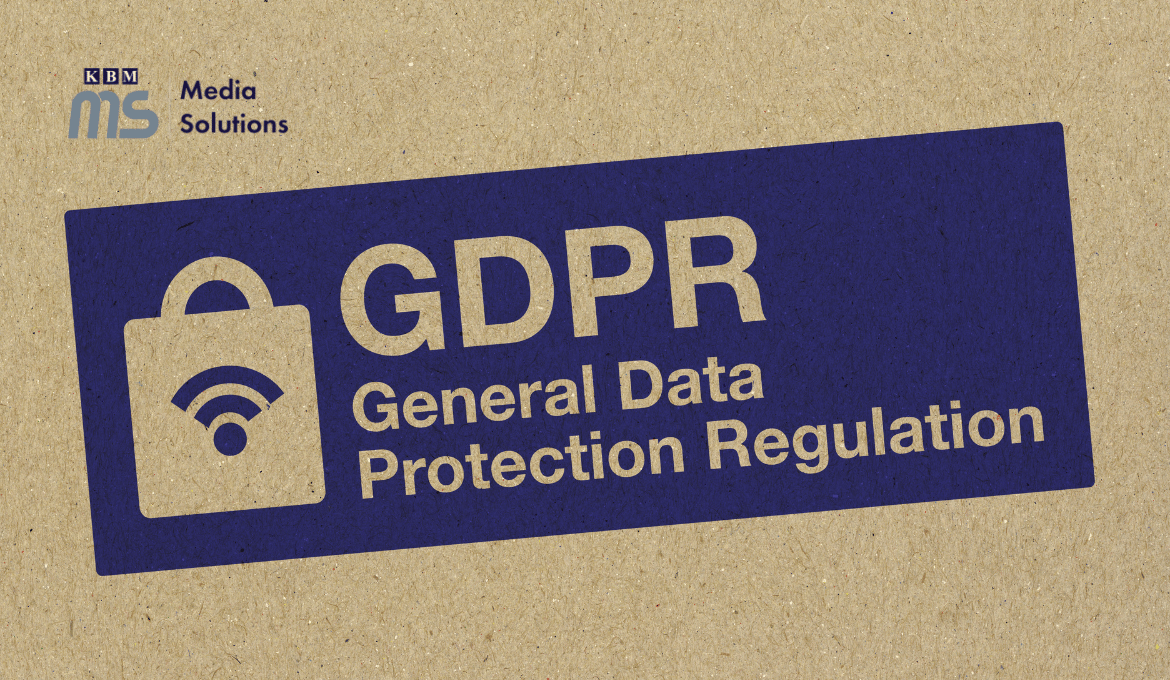Data Privacy in Focus: GDPR Compliance and Digital Marketing

Posted on Apr 30, 2024
Data privacy has become a concern for individuals and organisations in the digital age. After the General Data Protection Regulation (GDPR), businesses must comply with it while navigating the digital marketing landscape.
This blog will explain the complexities of GDPR compliance and its implications for digital marketing strategies.
Understanding GDPR: Protecting Data Privacy
The General Data Protection Regulation (GDPR) is a data protection regulation that the EU implemented in May 2018. Its primary goal is to protect the personal data of the citizens and residents, regardless of where the data is processed. GDPR imposes strict requirements on how organisations collect, store, process, and share personal data to give individuals greater control over their data privacy.
GDPR compliance revolves around several fundamental principles that organisations must adhere to:
- Lawfulness, Fairness, and Transparency: Organisations must process personal data lawfully, fairly, and transparently, with explicit purposes for data processing and consent from individuals.
- Purpose Limitation: Data must be gathered for clear, defined, and lawful objectives and should not be utilised in ways that contradict those objectives.
- Data Minimization: Companies should exclusively gather and maintain personal information essential for their intended use, reducing the quantity of data collected and processed to the minimum necessary.
- Accuracy: Personal data must be accurate, kept up to date, and corrected when necessary to ensure their relevance and reliability for processing purposes.
- Storage Limitation: Personal data should be kept in a form that permits the identification of individuals for no longer than necessary for the intended purpose.
- Integrity and Confidentiality: Enterprises must establish suitable technical and organisational safeguards to guarantee personal data security, integrity, and confidentiality.
Implications for Digital Marketing Strategies
The implementation of GDPR has significant implications for digital marketing strategies, particularly in areas such as data collection, consent management, and targeted advertising:
- Consent-based Marketing: Under GDPR, organisations must secure explicit consent from individuals before collecting and processing their data for marketing endeavours. This has led to a shift towards consent-based marketing strategies, where individuals have greater control over their data and can choose whether to opt in or out of data processing activities.
- Transparency and Accountability: Enterprises must uphold transparency regarding their data processing activities and furnish individuals with clear information regarding the intended utilisation of their data. This includes updating privacy policies, providing access to data processing activities, and ensuring accountability for compliance with GDPR requirements.
- Data Protection by Design and Default: GDPR places a strong emphasis on the principle of data protection by design and default, urging organisations to incorporate data protection measures into their digital marketing processes from the initial stages. This includes implementing privacy-enhancing technologies, conducting data protection impact assessments, and minimising the collection and processing of personal data.
- Enhanced Data Subject Rights: GDPR grants individuals enhanced rights over their data, including the right to access, rectify, and erase their data, as well as the right to data portability and the right to object to data processing activities. Organisations must ensure mechanisms are in place to facilitate individuals' exercise of these rights.
- Data Breach Notification: Under GDPR, organisations are required to promptly notify supervisory authorities and affected individuals of data breaches that may jeopardise their rights and freedoms. This requires organisations to have robust data breach response plans to detect, assess, and mitigate breaches effectively.
Best Practices for GDPR Compliance in Digital Marketing
To ensure compliance with GDPR in digital marketing activities, organisations should adopt the following best practices:
- Obtain Explicit Consent: Organisations must obtain explicit consent from individuals before gathering and processing their data for marketing purposes. Communicate the purposes of data processing activities and provide individuals with options to opt in or out of data processing.
- Implement Consent Management Tools: Implement consent management tools and mechanisms to facilitate the management of consent preferences and ensure compliance with GDPR requirements. This includes providing individuals with granular control over their consent settings and maintaining records of consent transactions.
- Conduct Data Protection Impact Assessments: Conduct data protection impact assessments (DPIAs) to assess data processing activities' potential risks and impacts on individuals' privacy rights and freedoms. Identify and mitigate risks through appropriate technical and organisational measures.
- Enhance Data Security Measures: Strengthen data security measures to shield personal data from unauthorised access, disclosure, alteration, or destruction. Access controls, Implement encryption, and other security protocols to ensure the integrity and confidentiality of data.
- Provide Transparency and Information: Furnish individuals with clear and transparent details about data processing activities, encompassing the purposes of processing, types of data collected, and individuals' rights concerning their data. Revise privacy policies and notices to align with GDPR standards and guarantee accessibility for individuals.
The Bottom Line
In conclusion, GDPR compliance is crucial for organisations engaged in digital marketing activities to protect individuals' data privacy rights and ensure regulatory compliance. By understanding the fundamental principles of GDPR compliance, adapting digital marketing strategies to comply with GDPR requirements, and implementing best practices for data protection, organisations can build trust with consumers and enhance their reputation in the marketplace. Compliance with GDPR mitigates legal risks and fosters a culture of privacy and trust, driving long-term success in the digital economy.